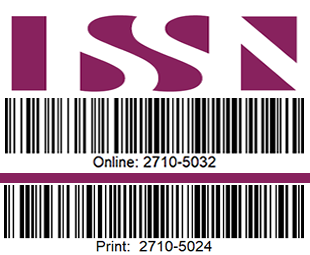سامی مذاہب میں اخلاقیات کی بنیادیں، تقابلی جائرہ
The Foundations of Ethics in Semitic Religions: A Comparative Analysis
Keywords:
Semitic religions, Ethics, Judaism, Islam, Christeninty, Moral PhilosophyAbstract
Since human beings have existed on the Earth and since their mental thoughts and physical actions have gotten executed, ethics have been there since then. Ethics are therefore related to human actions. As long as humans acted upon divine guidance, their ethical existence prevailed over their animal existence. To them, life remained straightforward, clear, and bright; they proceeded with peace and tranquility towards their intended destination. However, whenever they deviated from that guidance, their life strayed from the right path, peace and tranquility vanished, and the intended destination blurred from their minds. They were then only understanding their emotions, impulses, observations, and intellect as their masters and guides, and wherever they felt led, they went. The historical record shows that it was the Greeks who first organized ethical philosophy based purely on reason and emotions.
The Semitic religions include Judaism, Christianity, and Islam. A brief overview of the tradition of ethical philosophy in these three divine religions is presented here. The ethical existence of Semitic religions is intertwined with ethics. The following discussion revolves around these researches.













